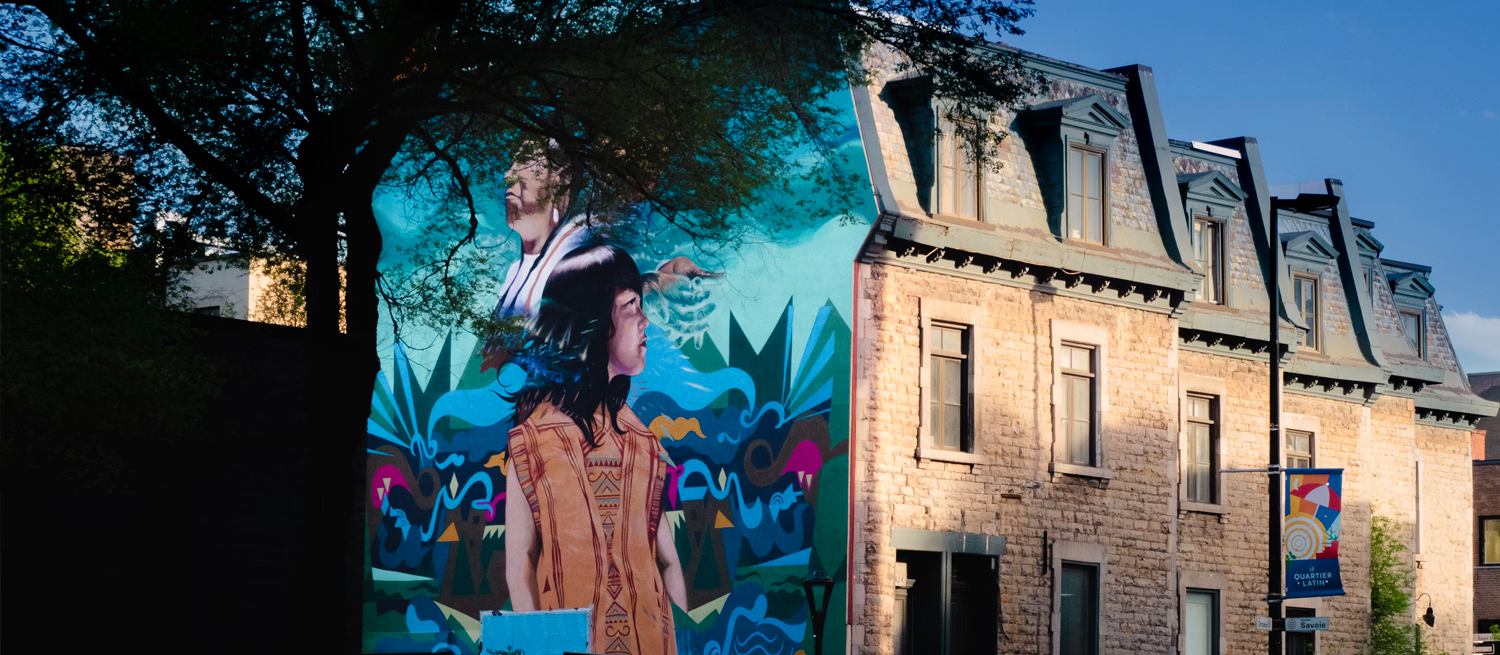One thing I’ve learned as I’ve gotten to know United Church polity is that it is really, really hard to change our church’s foundation.
Our administrative council voted a couple weeks ago in support of a remit to change the UCC’s Basis of Union to allow for an autonomous Indigenous Church within the United Church of Canada. What this means is that native churches will be able to make substantive changes to their life within our broader church without having to come back for permission. They often found this process patronizing, especially in light of historic racial injustices in our church and society. This vote would allow indigenous UC congregations to change their process of ordination, for example, to match their culture and gifts while pivoting away from the more European approach of our church writ large. While we are still waiting on other congregations to approve the remit, it looks likely to pass.
There was some spirited debate in our council and in our region about this proposal, with some worried that this creates a sort of ‘separate but equal’ divide within the general church. Others worried who else might want similar autonomy over against the rest. We brought in an expert to speak to our council from Emmanuel College—the Rev. Jonathan Hamilton-Diabo—who helped allay some of our concerns. The general church addresses others here. We find ourselves trusting God and our native siblings in Christ that this will be for their best interest as well as to our church as a whole.
Teaching at the Vancouver School of Theology, I often found a dynamic that I don’t think is unique to that region. White liberal church leaders were often quite vague in our spirituality. We were inclined to be open to native expressions of spirituality. But then when you asked actual native people for their input, their spirituality tended to seem much more Christianly conservative. They wanted to sing blood hymns, to practice altar calls, to worship like Pentecostals. In other words, white imagination of native worship can be wildly inaccurate. Actual native practice tends more often to a come-to-Jesus spirituality we associate (clearly incorrectly!) with American evangelicals.
The strength in this remit proposal passing is that native Christians can decide their best way forward for themselves without having to come to the rest of us, hat-in-hand, and say “pretty please.” They want no separate church, they just want to be themselves within our broader church. After some deliberation and significant leadership and work by Richard Wozenilek in our midst, among others, we agree this seems “good to the Holy Spirit and to us.”
But the real foundation of the church never changes. That is Jesus Christ, and him alone. Don’t let any bureaucratic maneuver or vote tell you otherwise.




